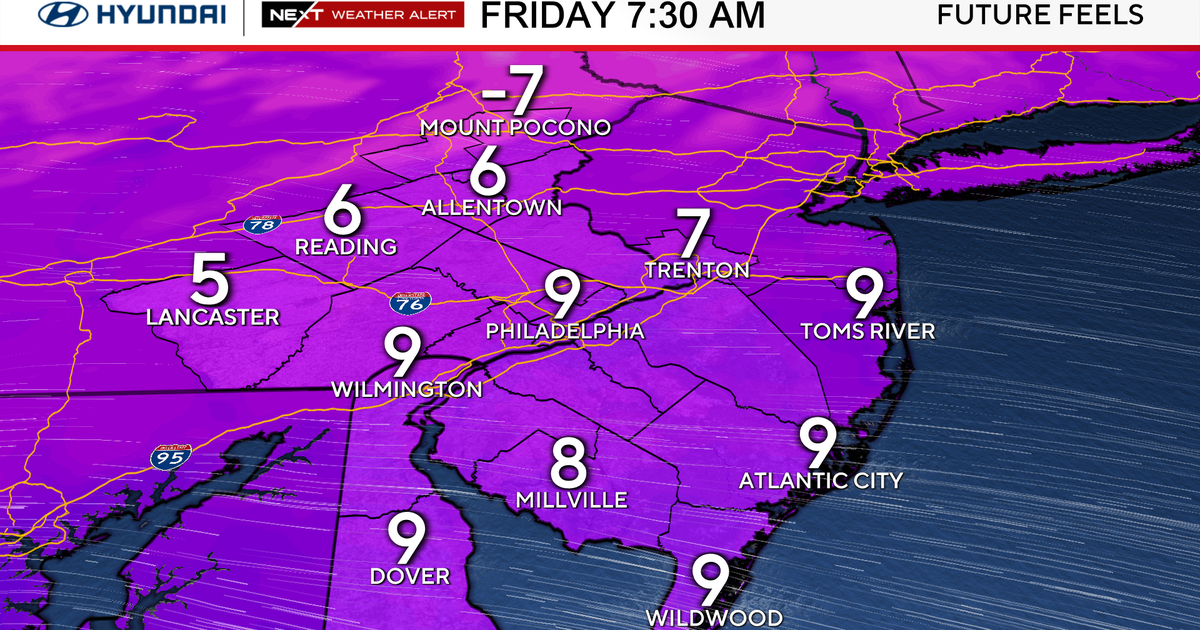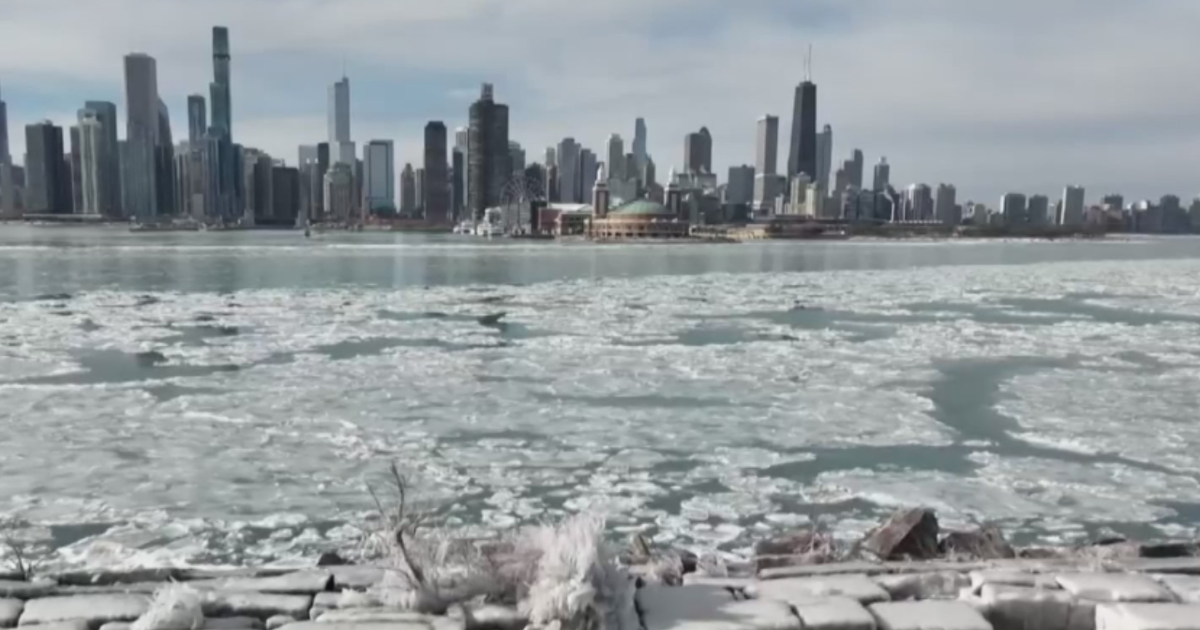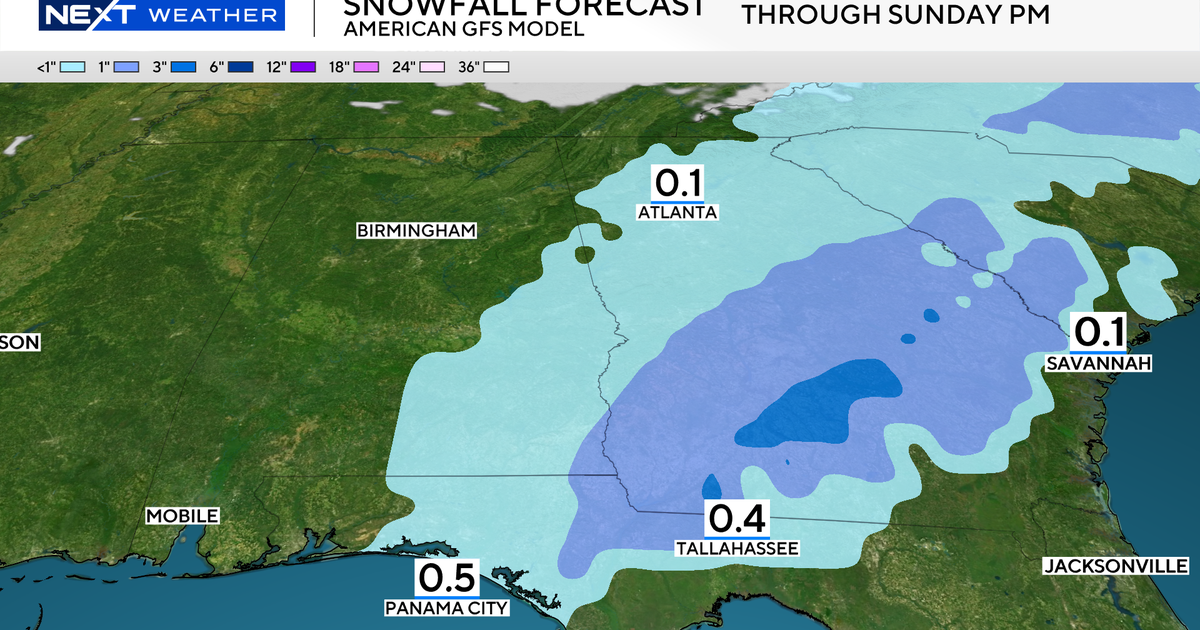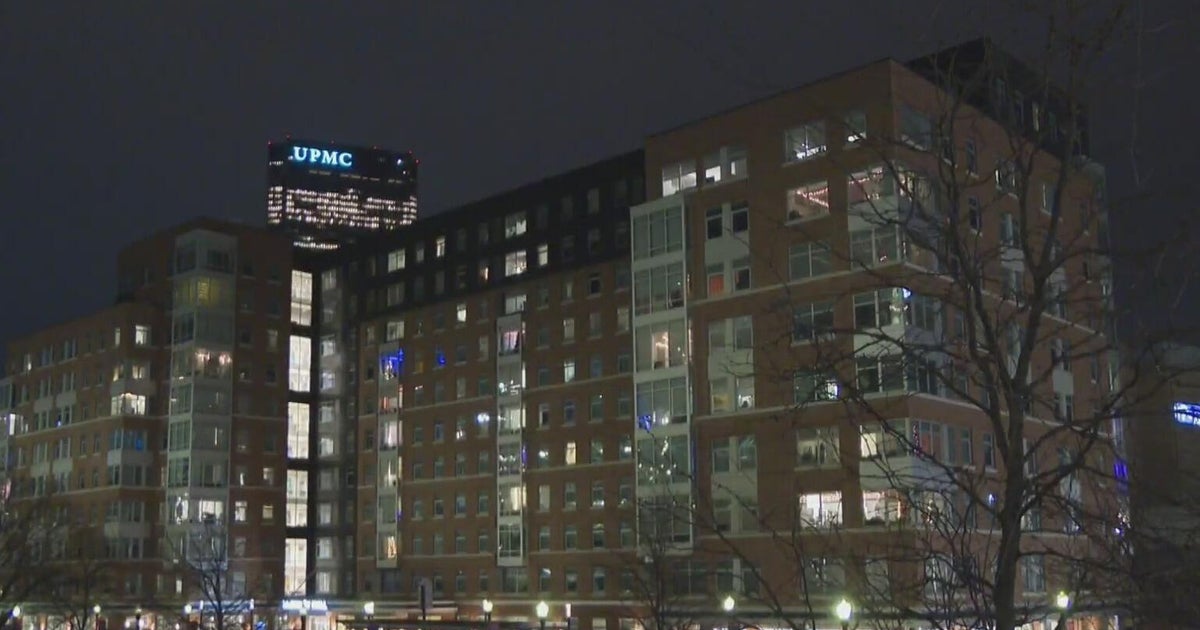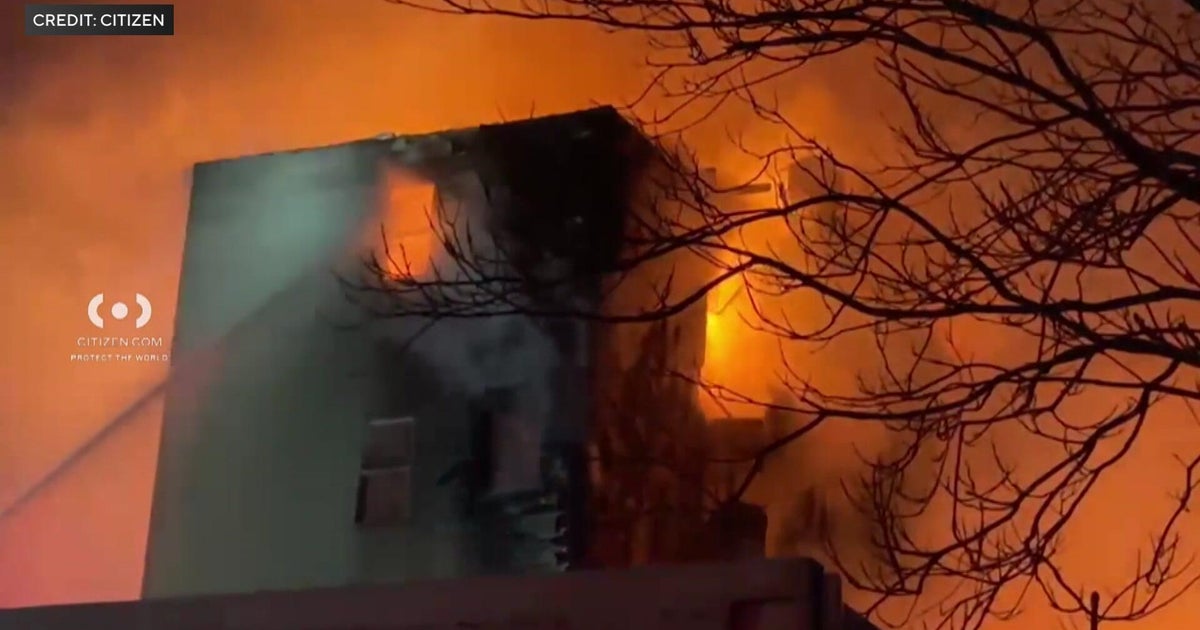Pennsylvania HVAC specialist says this is biggest mistake people make to cause furnace issues
As Philadelphia deals with a Code Blue and blustery, cold weather continues to impact the region, many are cranking up their heat. But as temperatures drop, your heating bill doesn't have to skyrocket.
Jordan Fleming with That HVAC Guy says when cold snaps set in, calls start to pour in from people needing emergency heating services.
While issues with ignitors and flame sensors are common on forced air units, Fleming said one problem usually rises above the rest.
One of the biggest mistakes he sees people make is not changing out the filter every month or two.
"The filter's really the most important thing you can do," he said. "We get quite a few calls where we show up and the filter is really just the only problem they're having."
A dirty filter can block airflow, forcing your system to work harder, run longer and ultimately cost you more, he explained. The system can overheat if it is bad enough, causing it to shut off completely.
Your thermostat habits could also be costing you.
When set at 68 degrees, you can see a difference of up to 3% in energy costs for every degree you raise or lower the setting, according to the Pennsylvania Public Utilities Commission. It's also recommended to opt for a setback thermostat.
"This will lower the temperature while you sleep, and will raise it before you wake up," according to the commission. "It takes far less energy to lower the thermostat and then raise it again than to keep it at the same temperature at all times."
Average home heating costs could climb to more than $900 this season, according to new projections from the National Energy Assistance Directors Association. Those who heat their homes with electricity rather than natural gas, oil or propane could see the biggest increases, the group estimates.
Help is out there for those struggling to keep up with their bills. Depending on your household size and income, homeowners and renters can qualify for federal grants through the Low Income Energy Assistance Program, known as LIHEAP.
Many local utilities offer their own assistance programs on top of that, according to a spokesperson with the Pennsylvania Public Utility Commission. So, if you qualify for federal assistance, you should be eligible for your local utility program.
In Delaware, New Jersey and Pennsylvania, utility bills are split between the cost the companies like PECO charge to get it to you and the actual cost of the energy from suppliers, so you can shop around for different supplier rates. Each state has websites where you can browse rates from hundreds of suppliers. Advocates caution that shopping around doesn't guarantee you'll find a lower price because utilities are already required to shop around for the best price on your behalf regularly.
